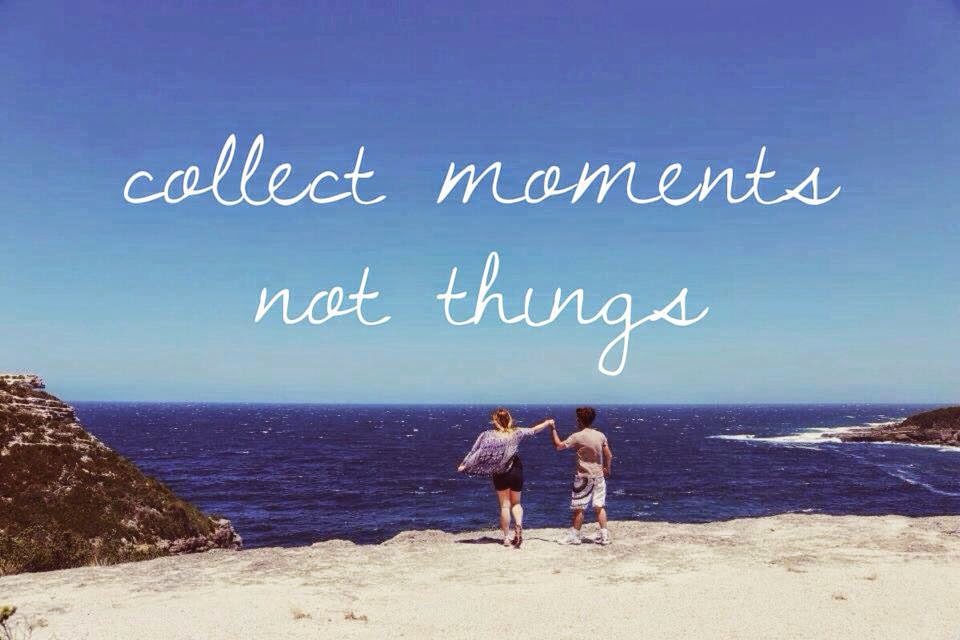This is what always surprises me about marketing, right? At essence, marketing is a support function for sales. You create a message, or a story, or a campaign, or however you want to define it. That message is ultimately supposed to help someone want to buy that product, i.e. the focal point of the campaign. Marketing is supposed to drive sales. That’s the goal. Hopefully I’m not too far off there. I don’t think I am.
When you get to the granular level about sales, all sales really is on the consumer side of the equation is decision-making. That consumer needs to decide, “Well, I want to do this…” or “I want to buy this…” That’s it. A sale, when defined at a micro level, is really just a series of decisions leading to a final conclusion. Hopefully I’m not too far off there. I don’t think I am. This is why most “sales advice” makes me want to smash myself repeatedly with a brick.
OK … so. If marketing is about sales and sales is about consumer decision-making, then … maybe we need to pay attention to this:
“We make our decisions in terms of our memories,” observed Nobel Prize-winning psychologist Daniel Kahneman in a 2010 TED Talk. Brands need to recognize the power of memories as manifested in Kahneman’s conception of “The Remembering Self.” But memories aren’t movie clips stored on a hard drive; they reside in nerve pathways that fire anew (and rewire) each time we remember the event, as cognitive psychologist and memory expert Elizabeth Loftushas shown. This means that certain moments, like “peaks” and “ends,” disproportionately dominate memory, and that memories are constantly being reconstructed based on subsequent events.
Researchers at University College London have developed a corollary of sorts to Kahneman’s Remembering Self. They’ve demonstrated that positive expectations influence a person’s overall happiness as much as actual experiences do. “Anticipation” measures compose half of their “equation of happiness.” Likewise, marketing professor Marsha Richins has found that even the most materialistic consumers receive more pleasure during the “anticipation” phase of a purchase than they do during the “acquisition” phase. We might call the dynamic at work here “The Anticipating Self.”
Here’s the TED Talk referenced above, BTW:
Two things to unpack there:
1. Decisions come from memories. This is overall fairly logical. You want to see a great marketing campaign/ad from the last five or so years?
That ad was a big deal on TED’s “Ads Worth Spreading” list a few years ago. Now, I’m not entirely sure that means P&G sold more diapers or whatever — the actual, down-to-the-line ROI of marketing has never been easy to prove — but the ad did resonate with a lot of people. Now ask yourself: why? Well, read the paragraph above. We make our decisions in terms of memories. What has stronger memories than your mom, your childhood, etc? (For good and bad.) Then read the second half of that paragraph: it’s all about triggers, and what triggers memories, and what brings old stuff back to the fore. Again, yes — marketing should be about telling a story or, perhaps, making a story. It’s really not tremendously more complicated than that.
2. Anticipation.
That’s a big one, right?
It’s about half — half! — of a person’s “equation of happiness.”
And even super materialistic people receive more pleasure during “anticipation” than “acquisition.”
This entire second paragraph basically helps explain the travel industry (where I actually currently work). When you book a cool trip — say, Europe or Caribbean or something — half the battle/lovefest is about the lead-up to the trip, because maybe your boss is a jerk or your deliverables are piling up, but damn, you’re about to be on a beach, you know? That’s very tangible and very powerful. The actual sitting on the beach probably isn’t even as powerful as that, IMHO — quite possibly because you’re a moron and still checking your iPhone for work messages.
Point being: marketing needs to evolve. It can evolve in a vacuum around topics like “campaign ROI” or “media impressions,” or it can evolve in a way that’s directly tied to what we know and understand about how humans respond to stimuli and process experiences. Seems like the latter would be a lot more relevant, no?


Reblogged this on Gr8fullsoul.